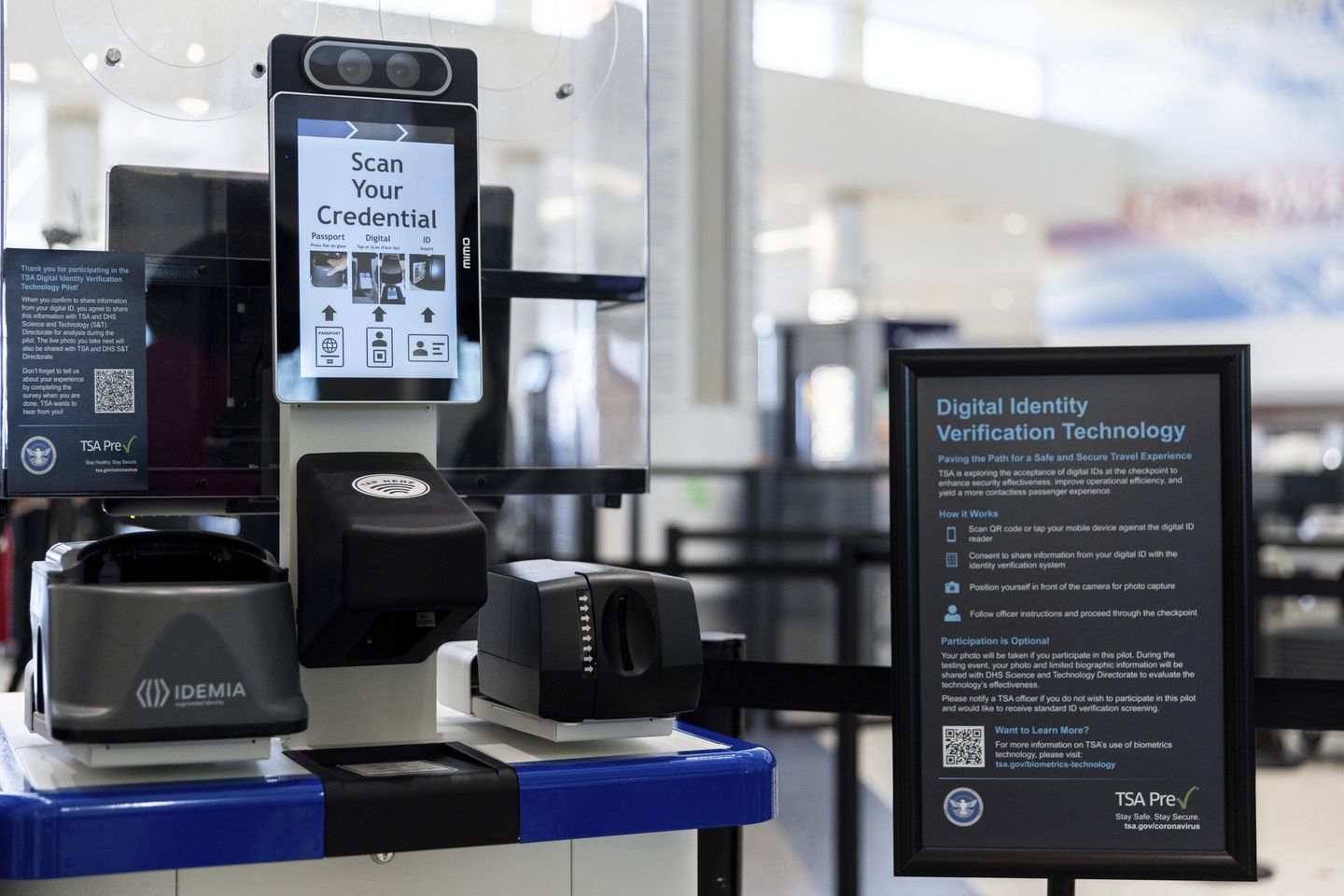The U.S. government has recently implemented a new policy requiring migrants without passports to undergo facial recognition technology in order to take domestic flights. This change has caused confusion among immigrants and advocacy groups in Texas. The policy is part of the Department of Homeland Security’s efforts to increase security measures and verify the identities of individuals traveling within the country. However, critics argue that this requirement could disproportionately impact immigrants and violate their privacy rights.
The use of facial recognition technology for domestic flights raises concerns about the potential impact on migrants who may not have access to passports or other forms of identification. Advocates worry that this requirement could further marginalize vulnerable populations and make it difficult for them to travel within the country. Additionally, there are concerns about the accuracy and reliability of facial recognition technology, which has been found to have higher error rates for people of color and women.
The confusion surrounding this new policy highlights the need for clear communication and transparency from the government on how the facial recognition technology will be used and what impact it will have on migrants. Immigrants who may not be familiar with these requirements could face challenges in navigating the airport and complying with the new rules. Advocacy groups are calling for more information and support to ensure that migrants are not unfairly targeted or discriminated against as a result of this policy.
Some experts argue that the use of facial recognition technology for domestic flights could set a dangerous precedent for increased surveillance and monitoring of individuals within the country. This technology has been criticized for its potential to infringe on privacy rights and civil liberties, and there are concerns about how the data collected through these systems will be stored and used. As the government continues to expand the use of facial recognition technology in various contexts, it is important to consider the implications for individual rights and freedoms.
In conclusion, the U.S. government’s requirement for migrants without passports to undergo facial recognition technology for domestic flights has raised concerns among immigrants and advocacy groups in Texas. This policy highlights the need for clear communication, transparency, and safeguards to protect the rights and privacy of vulnerable populations. As the use of facial recognition technology becomes more widespread, it is crucial to consider the potential impact on individuals and ensure that these systems are used responsibly and ethically.









